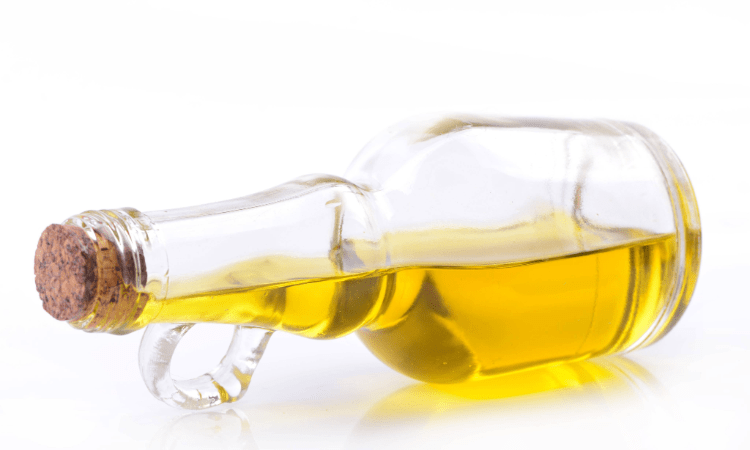Solvent Analysis in Oils: Safe and Accurate Test Methods
Quality Parameters in Oils

Solvent Use and Importance in Oils
Solvents are widely used, especially in the production and extraction of vegetable oils. Volatile solvents such as hexane are preferred for efficient extraction of oils from seeds or fruits.
Main Solvent Uses:
- Extraction Processes: Obtaining oil from oil seeds or raw materials.
- Purification and Cleaning: Purification of oils and removal of unwanted compounds.
- Chemical Processes: Solvents act as catalysts in chemical reactions such as transesterification and esterification.
However, the residue of solvents in the oil poses a safety risk, especially in the food industry. These residues can have toxic effects on human health and should therefore be analyzed.
Quality Control Processes
Solvent analysis is an integral part of quality control processes. Controlling solvent residues in the production, storage and sale of oils is essential to ensure both product quality and legal requirements.
Quality Control Methods:
- Inspection of Raw Material: The solvent content of raw materials used in oil production is checked.
- Monitoring the Production Process: It is verified that solvents are completely evaporated or reduced to a minimum level.
- Final Product Analysis: The solvent residue levels of the oils are checked to ensure that they are below the specified limits.
Limits and Standards
- Codex Alimentarius: Sets solvent residue limits for food grade oils.
- European Union Regulations: The maximum residue level for solvents such as hexane is generally set at 1 mg/kg.
- Turkish Food Codex: It requires solvent residues in oils to be below the legal limits.
Methods to Reduce Solvent Residues in Oils
Reducing solvent residues is important both in production processes and in improving final product quality.
- Alternative Extraction Methods: Solvent-free methods such as the use of supercritical CO₂ may be preferred.
- Efficient Evaporation Processes: Optimized evaporation methods are applied to ensure complete removal of solvents during the production process.
- Advanced Purification Techniques: During the purification of oils, advanced filtration and distillation methods can be used to remove solvent residues.
Nanolab Laboratories Group continues to provide services within the scope of Solvent Analysis in Oils. We also provide services for Ammonia Determination in Chicken Meat Products.
Contact us for more information.
You can follow us on LinkedIn for up-to-date news and posts about our services.
Follow our Instagram account to be informed about our latest blog posts.

